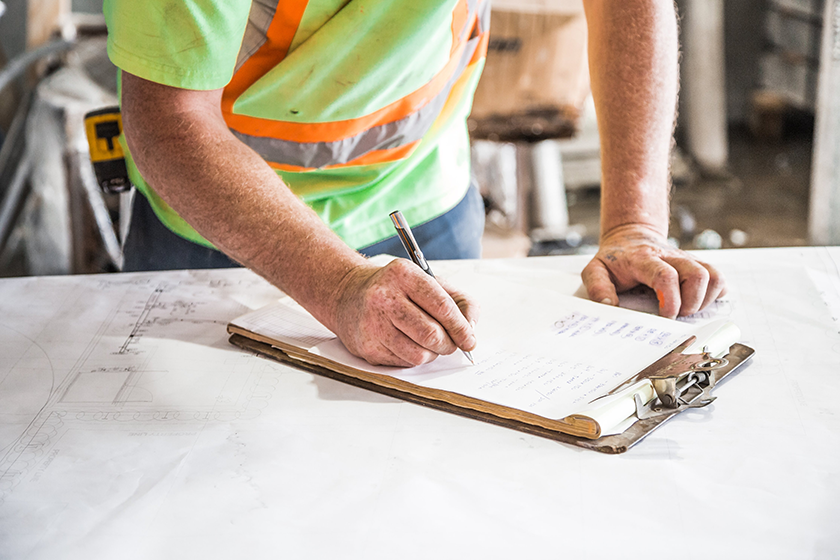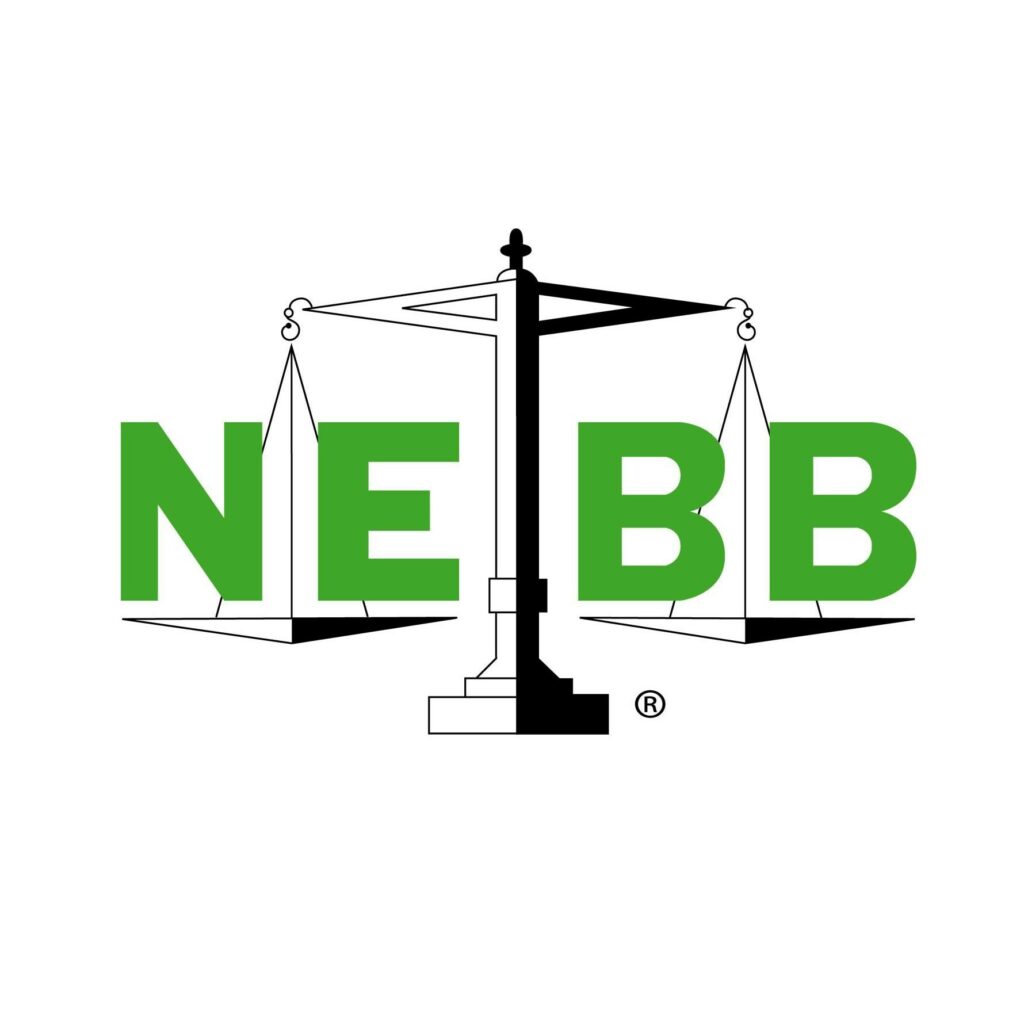
Most Building Commissioning projects are based upon ASHRAE Standard 202 or Guideline 0, which describes the general commissioning process as management of a contractor’s quality process that is intended to help the contractor self-police his own work for the delivery of installed quality. This process also requires the commissioner to keep an issue log of found issues.
USGBC has described the required commissioning process for LEED projects to follow the ASHRAE process and include the following minimum scope of commissioning services:
Minimum LEED Commissioning Scope:
- HVAC Systems
- HVAC Control Systems
- Refrigeration Systems
- Electrical Lighting Controls
- Electrical Distribution
- Plumbing Hot Water Systems
- Renewable Energy (if applicable)
- Building Enclosure (Only if EA Credit 3 Option 2 is selected)
Many building owners have found that most commissioning efforts do not actually deliver building performance, but do provide a large pile of paper check sheets from the contractors which say everything is “OK,” when it is not. So, what is the problem? We have known how to effectively commission systems for a very long time in commissioning industrial facilities.
It is unfortunate that ASHRAE did not review the industrial commissioning process when creating their commissioning guidelines. If they had, we would have a more technical process that would have delivered building performance. The ASHRAE process of contractor quality check sheets are a masterful interconnecting process, unfortunately, it just doesn’t work in actually delivering performance. The reason is most contractors either use people who do not know what a quality installation is to fill out the check sheets or they just fill them out to meet the work requirement without paying attention to the actual installation.
In industrial commissioning, all systems are reviewed and fully tested up to three times before being put into operation. No sampling is ever used, and the people doing the commissioning are held accountable for results. The reason for this robust process is if something goes wrong, someone could die. In a commercial project, the risks are not the same, but we should be using some of the attributes of industrial commissioning for commercial systems if we truly want our systems to function correctly and to deliver true performance.
To help clarify the differences between the ASHRAE process and an effective process, we have titled the ASHRAE process as Paper-Based Commissioning and our process as Technical-Based Commissioning.
The main differences between Paper-Based Commissioning and Technical Commissioning is that the Technical Commissioner uses only third-party inspections and tests whereas paper-based commissioning uses mostly first-party inspections and tests. Technical commissioning does not use sampling strategies but tests all systems and components.
Technical commissioning also is required to follow all issue log items to their resolution, no issue may be left unresolved. These few differences make a huge difference in the actual performance of the building’s systems.
At the beginning of this document, we described the minimum scope required by LEEDv4, which was limited to only those systems that affect energy. The technical commissioning process is used for all kinds of systems to verify actual operation and performance, not just energy usage.
Some systems are much more important to total performance than others, so the owner may want to select only those systems they think are important enough to spend the funds to commission or they can select all systems to be commissioned so the operations staff does not have to worry about them after occupancy.
The following list gives the systems in order of importance to the total building performance:
- HVAC Control Systems
- HVAC Mechanical Systems
- Lighting Controls
- Building Enclosure
- Plumbing Hot Water & Pressure Systems
- Emergency Power Systems
- Electrical Distribution Systems
- Fire Alarm Systems
- Plumbing Fixtures & Piping Systems
- Fire Protection Systems and Fire Pumps
- Renewable Energy Production
- Security Systems
- Communication Systems
- Vertical Transportation Systems
Commissioning Concepts is certified and experienced in each of these commissioning scope items and would always recommend including scope items 1 through 10 on all projects. In truth, scope items 1-7 are the expensive ones, whereas scope items 8-14 are very low cost so the payback on these additional disciplines is high.
I hope you will consider utilizing Technical Commissioning on your next project and will incorporate the full scope of commissioning activities to receive the maximum benefit from your commissioning services.

Looking to get NEBB Certified? Request your application today.